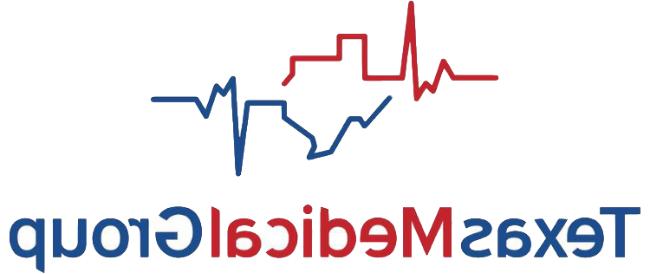
By implementing workplace health initiatives, many companies are taking proactive measures to help with decreasing health issues affecting their employees. This is particularly important because of the following:
- The working population is aging, with the national average around 42 years old.
- There is a decreasing number of skilled workers, increasing the number of on-the-job injuries.
- Obesity rates are astronomical and continue to rise.
- There is a steady increase of inactivity among Americans.
- Medical care costs continue to rise.
- There is an increase in stress-related illnesses.
- Approximately 10% of Americans are living with major limitations from chronic conditions, such as diabetes, asthma or thyroid disorders.
Most importantly for risk managers, non-work-related health issues directly increase the risk of work-related injuries.
Getting Employees Healthy
To assist your employees in getting healthy, staying healthy and consequently reduce their risk of a workplace injury or illness:
- Create an employee safety education committee devoted strictly to health problems that correlate with injuries.
- Teach employees how to properly investigate accidents and determine ways in which they could be prevented. This may include the following:
- Ergonomics evaluations
- Lift equipment evaluations
- Offer personal health profile screenings for employees to identify their risk factors. This should include screenings for cholesterol, bone density, glucose, body mass index and other essential tests.
- Provide personalized health coaching and self-help materials.
- Offer quarterly corporate challenges to promote weight loss and activity.
- Offer quarterly educational safety and health seminars.
- Consider implementing a cross-promotional safety and health program with your health care provider.
- Provide incentives to employees who fulfill health-related goals, or remain free from injuries for an established amount of time.
- Refer all employees who suffer a work-related injury to the wellness program coordinator for a consultation.
- Incorporate a safety presentation in your wellness seminars.
- Workers’ compensation managers and risk managers should provide health and wellness referrals to injured employees.
- Distribute monthly safety, health and nutrition tips to employees.
For more information and resources on how you can create an effective safety and health program, contact Texas Medical Group today at info [at] tmgworkcomp [dot] com.
This Work Comp Insights is not intended to be exhaustive nor should any discussion or opinions be construed as legal advice. Readers should contact legal counsel or an insurance professional for appropriate advice. © 2009-2010, 2012, 2021 Zywave, Inc. All rights reserved.

Discussion
There are no comments yet.